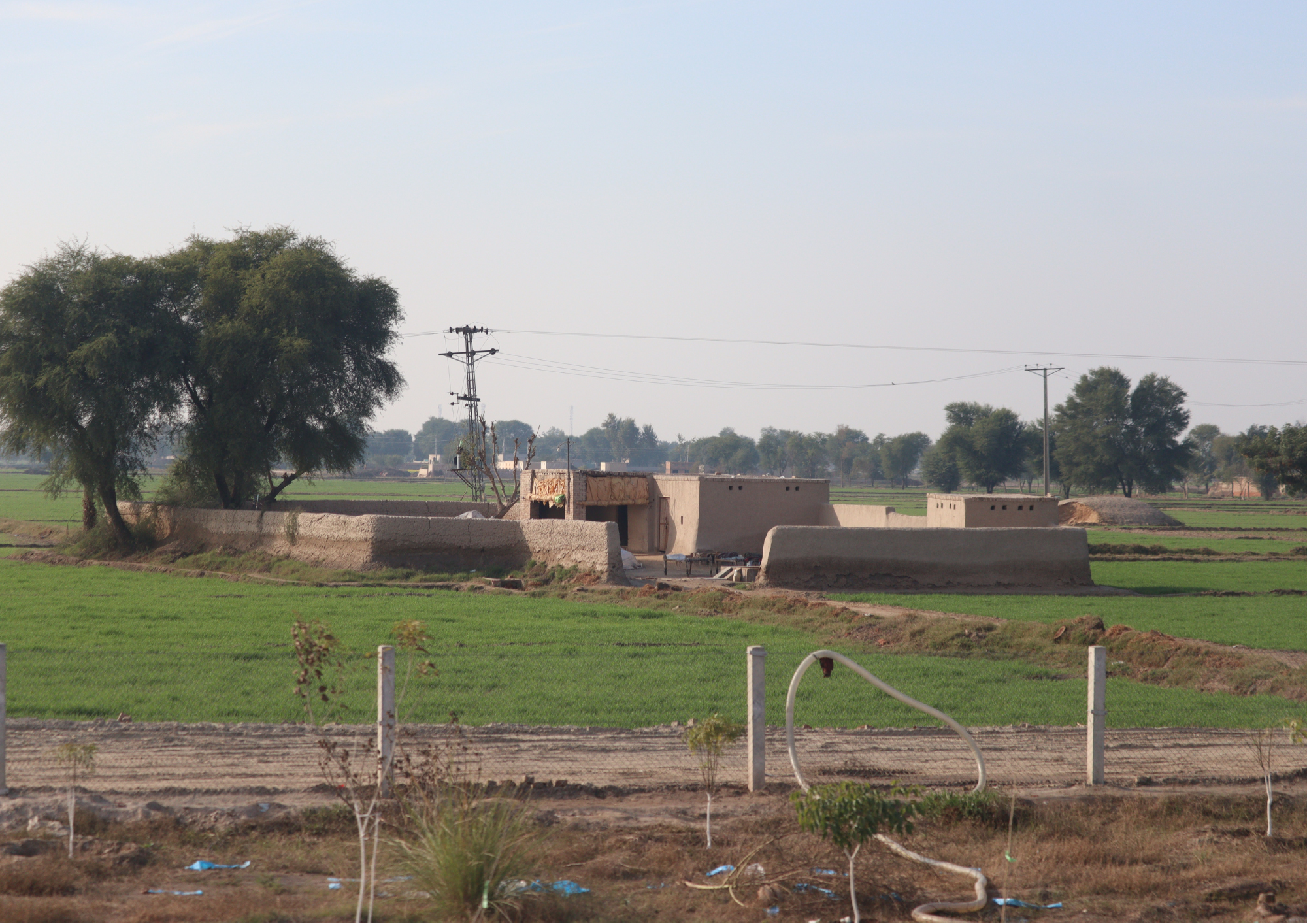NEWS

IN BRIEF

Born on February 1, 1998, in the small, underdeveloped village of Wasayo Jeho in interior Sindh, Ghulam Mujtaba Abro spent his early years surrounded by the harsh realities of feudalism, poverty, and systemic neglect. In this part of Sindh, tribal conflict was common, roads were broken, law and order were […]
SHARE
Born on February 1, 1998, in the small, underdeveloped village of Wasayo Jeho in interior Sindh, Ghulam Mujtaba Abro spent his early years surrounded by the harsh realities of feudalism, poverty, and systemic neglect. In this part of Sindh, tribal conflict was common, roads were broken, law and order were nearly non-existent, and the powerful few ruled unchecked. The local judicial system was practically dead, and justice was rarely more than a tool in the hands of the influential.
In such a setting, even a desire for education or self-improvement could be seen as defiance. But within the silence of that suppressive world, a quiet force of resistance was growing — in the heart of Ghulam’s mother.
Though uneducated and a full-time housewife, she carried a wisdom far beyond formal schooling. After her separation from Ghulam’s father, she became both the emotional and practical foundation for her children. She understood deeply that if her children stayed in Wasayo Jeho, they would never be free — never grow beyond the narrow roles dictated by feudal traditions.
In 2008, when Ghulam was just 10 years old, his mother made a decision that would change the trajectory of their lives: to migrate to Islamabad. It was a bold, risky, and life-threatening step — especially for a woman alone with children — but it was a decision driven by courage and fueled by hope. She chose Islamabad over Karachi deliberately. While Karachi was geographically closer, it was still within the long shadow of the feudal lords who might have tried to intimidate or control them. Islamabad was distant, anonymous, and promising.
The move was not easy. Starting over in an unfamiliar city with no male guardian, no financial security, and no social network was daunting. But for Ghulam, the shift felt like stepping into a dream. Where his village lacked basic infrastructure, Islamabad was filled with schools, opportunities, and the freedom to imagine a future.
By the age of 15, Ghulam had already stepped into the workforce. He began working at a signage company, balancing his job with his ongoing studies. The owners of the company saw potential in him and offered opportunities to learn — treating him not just as a worker, but as a growing professional. It was his first glimpse of a world where merit mattered more than family name.
Realizing that soft skills and digital knowledge would shape his future, Ghulam turned to online learning platforms. He taught himself IT skills, improved his communication, and entered the world of freelancing — offering services while continuing to work and study.
His life was anything but easy. He navigated long commutes using public transportation, endured harsh weather, and faced the pressure of being the eldest son, expected to provide for his family. He took on the responsibility of ensuring his siblings received education, proper healthcare, and a safe home, while also being a source of strength for his mother — the woman who risked everything for them.
Today, Ghulam works at Pixtralia, an international company, where he handles desktop support, website product listings, IT support, and order management. But more than a job title, Ghulam carries a story — of migration, sacrifice, growth, and transformation.
He continues to dream of pursuing higher education at international standards in the field of modern technology. His ambition isn’t just personal — it’s a commitment to prove that where you come from doesn’t have to define where you end up.
Ghulam Mujtaba Abro’s journey is more than a story — it is a symbol of resilience, inclusive growth, and peaceful defiance. It is a reminder that even in the darkest corners, when one person dares to break free, they light the way for others.
About the Author:
This blog is written by Nimal Kamal as a part of the Virtual Media Competition under the #FarqParhtaHai initiative, showcasing youth voices and creative expressions for social impact.
